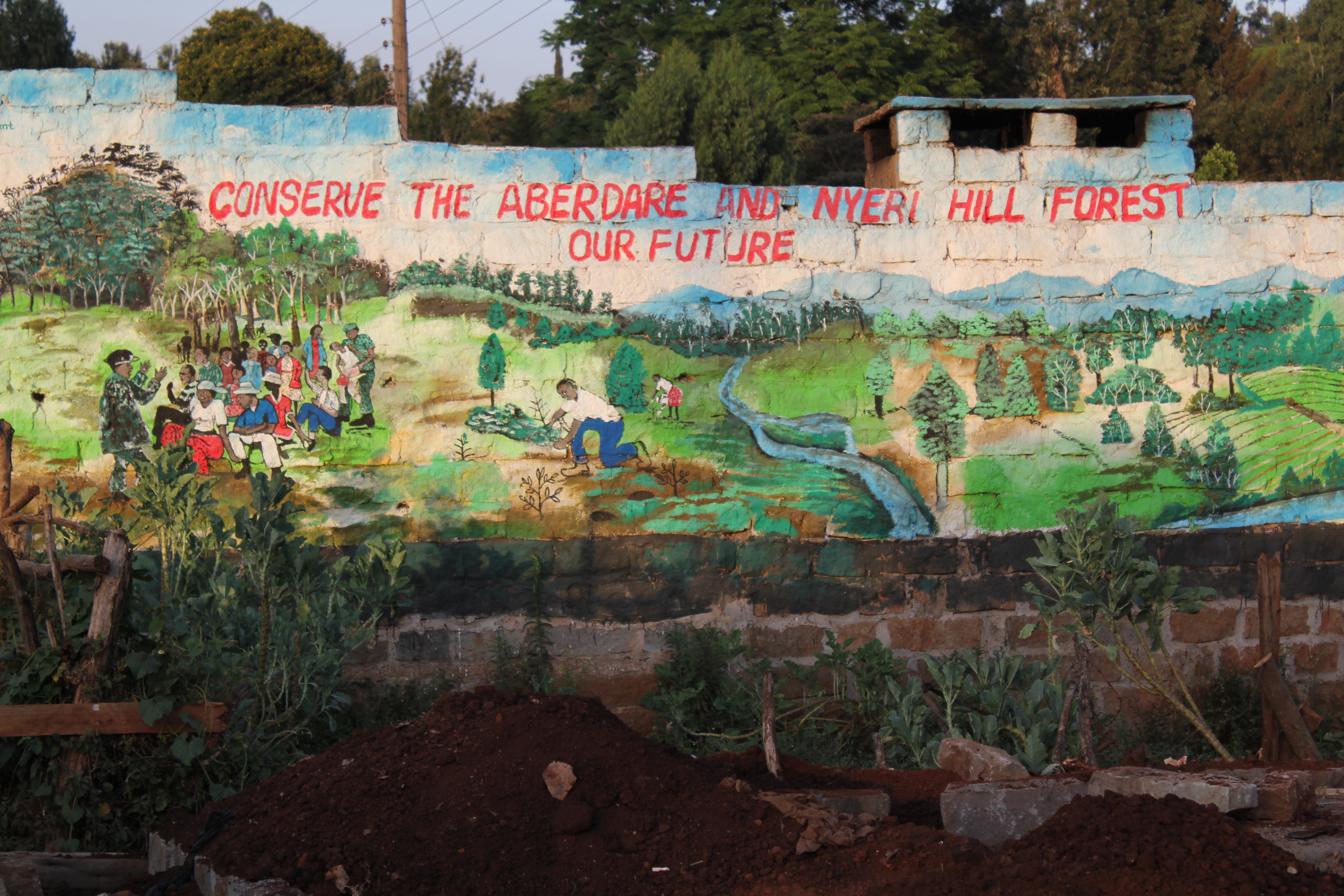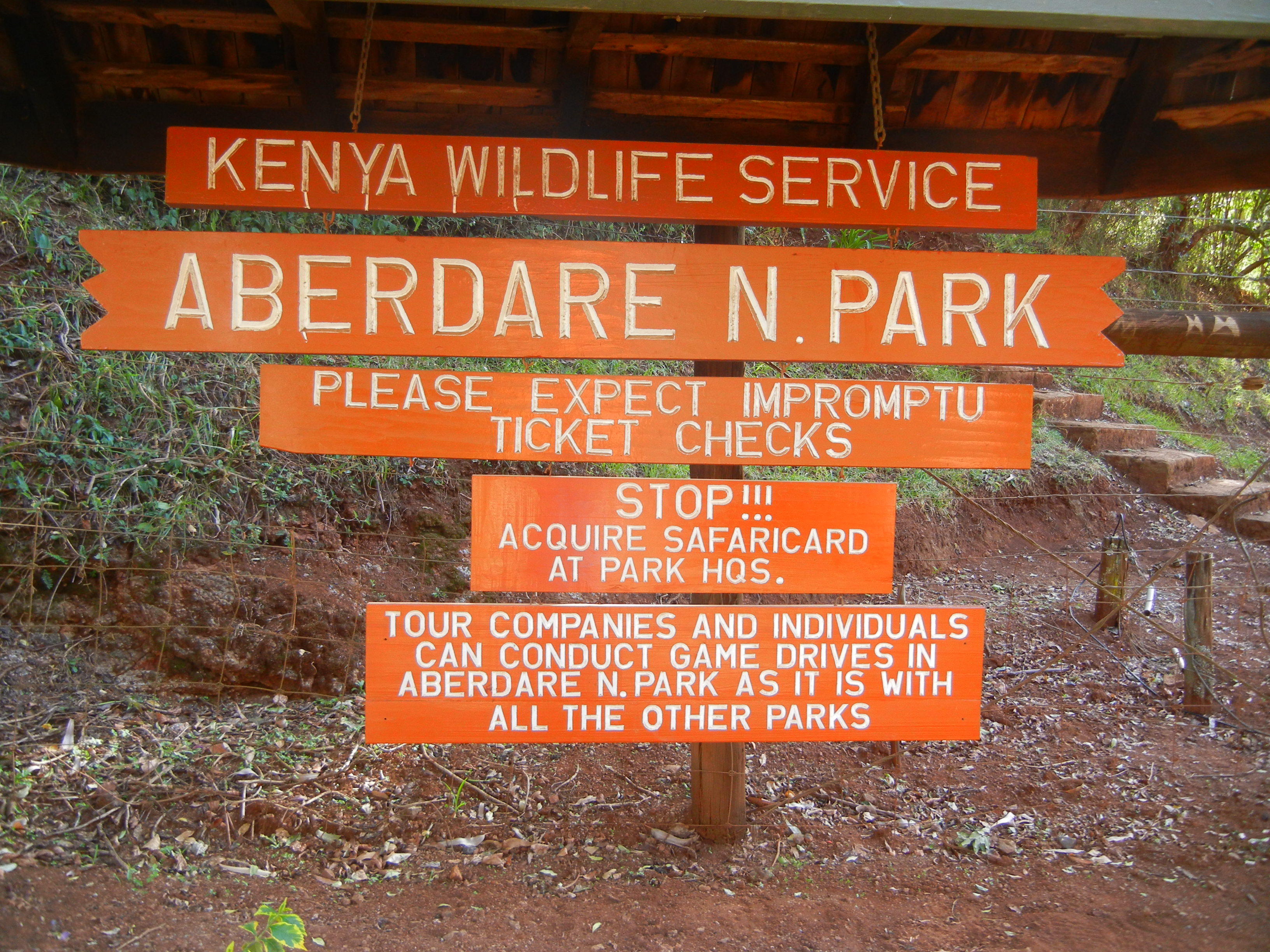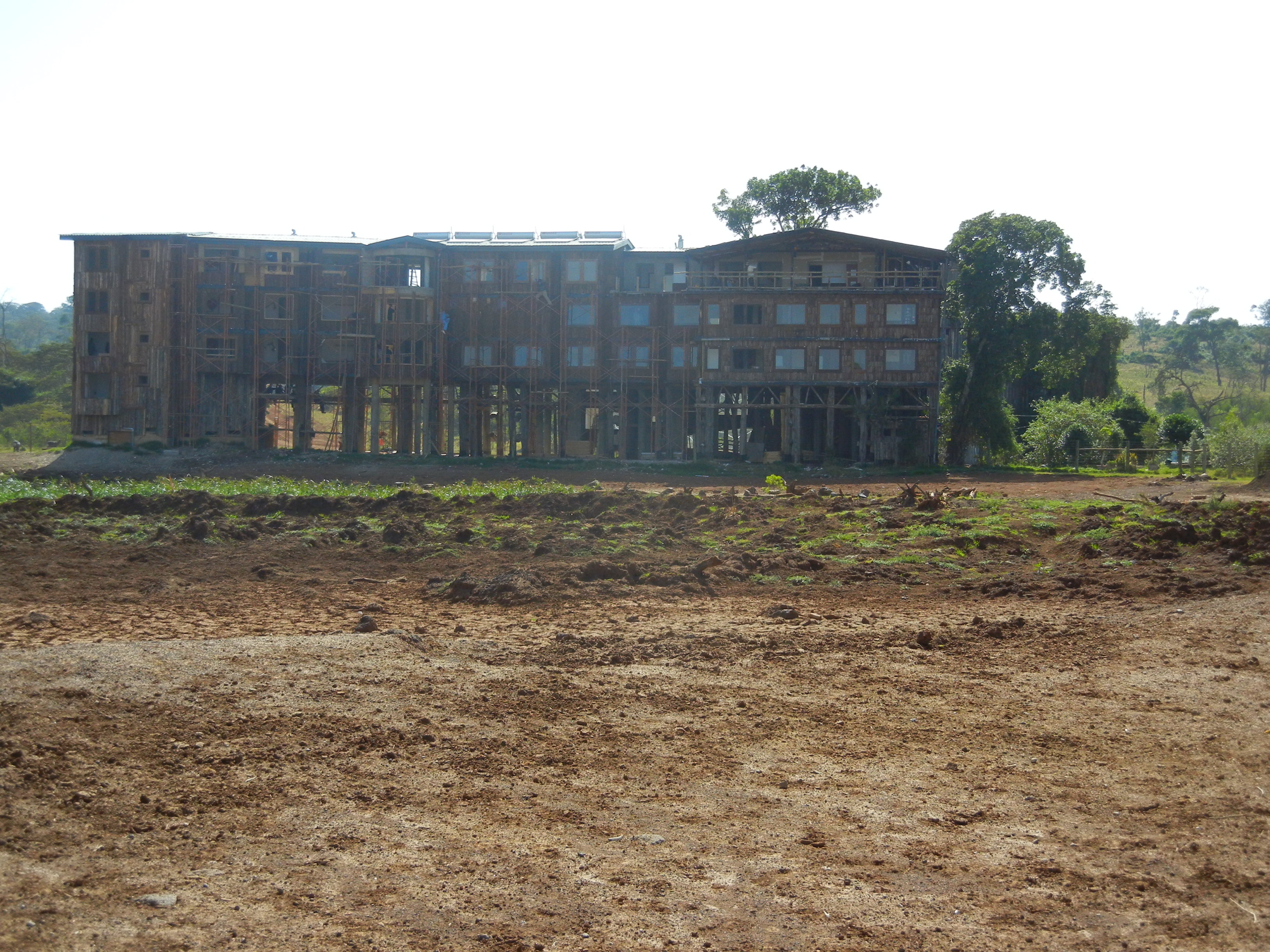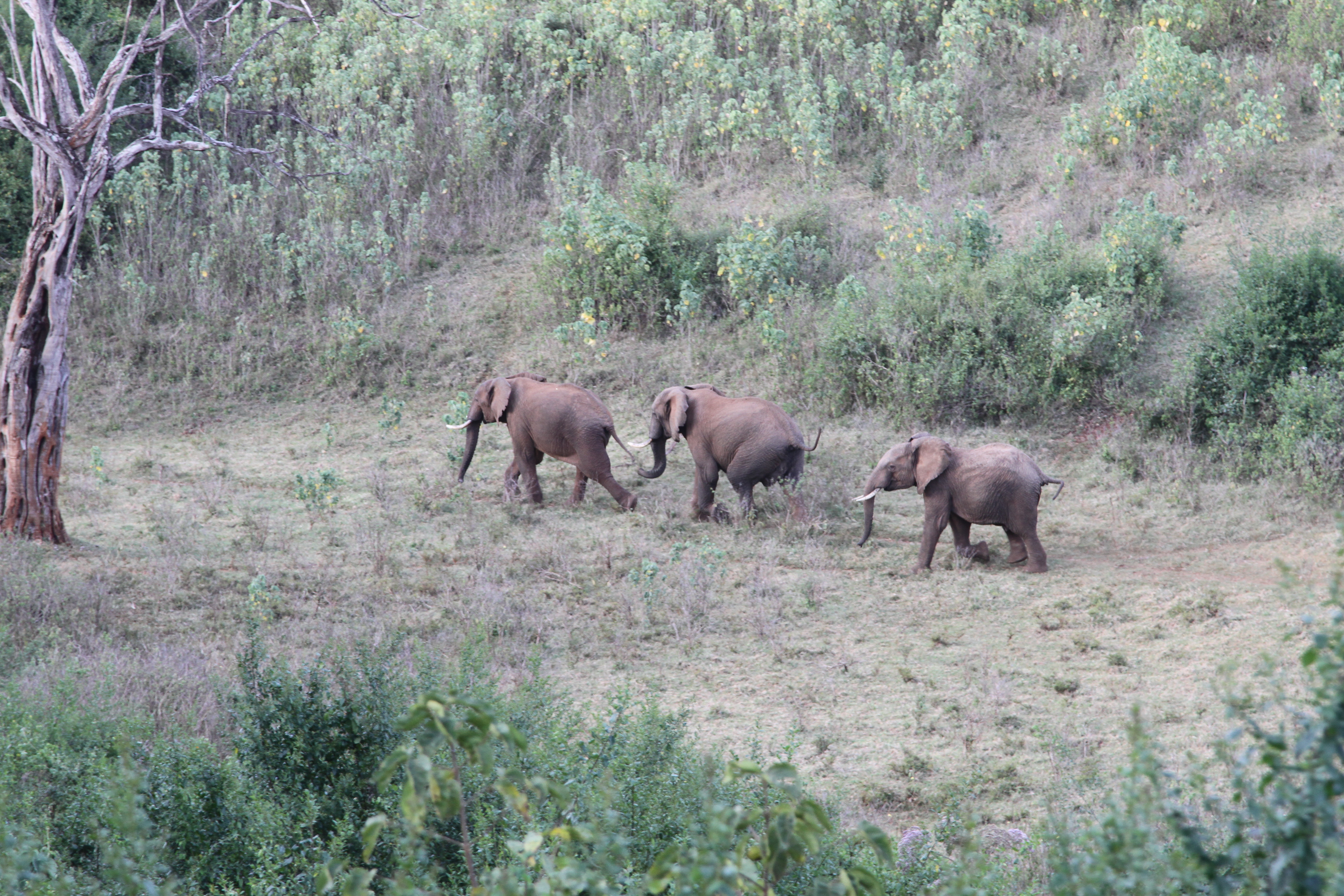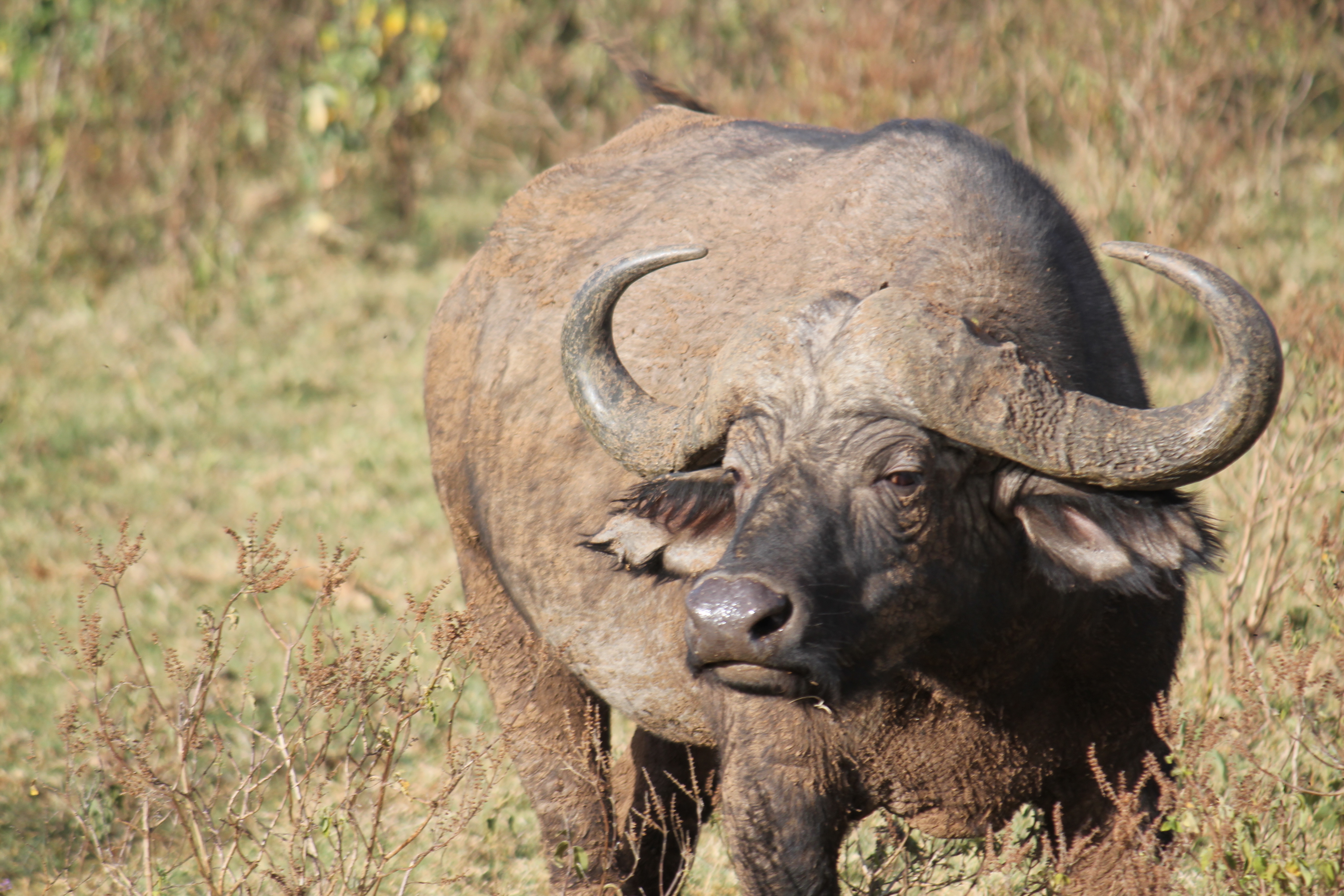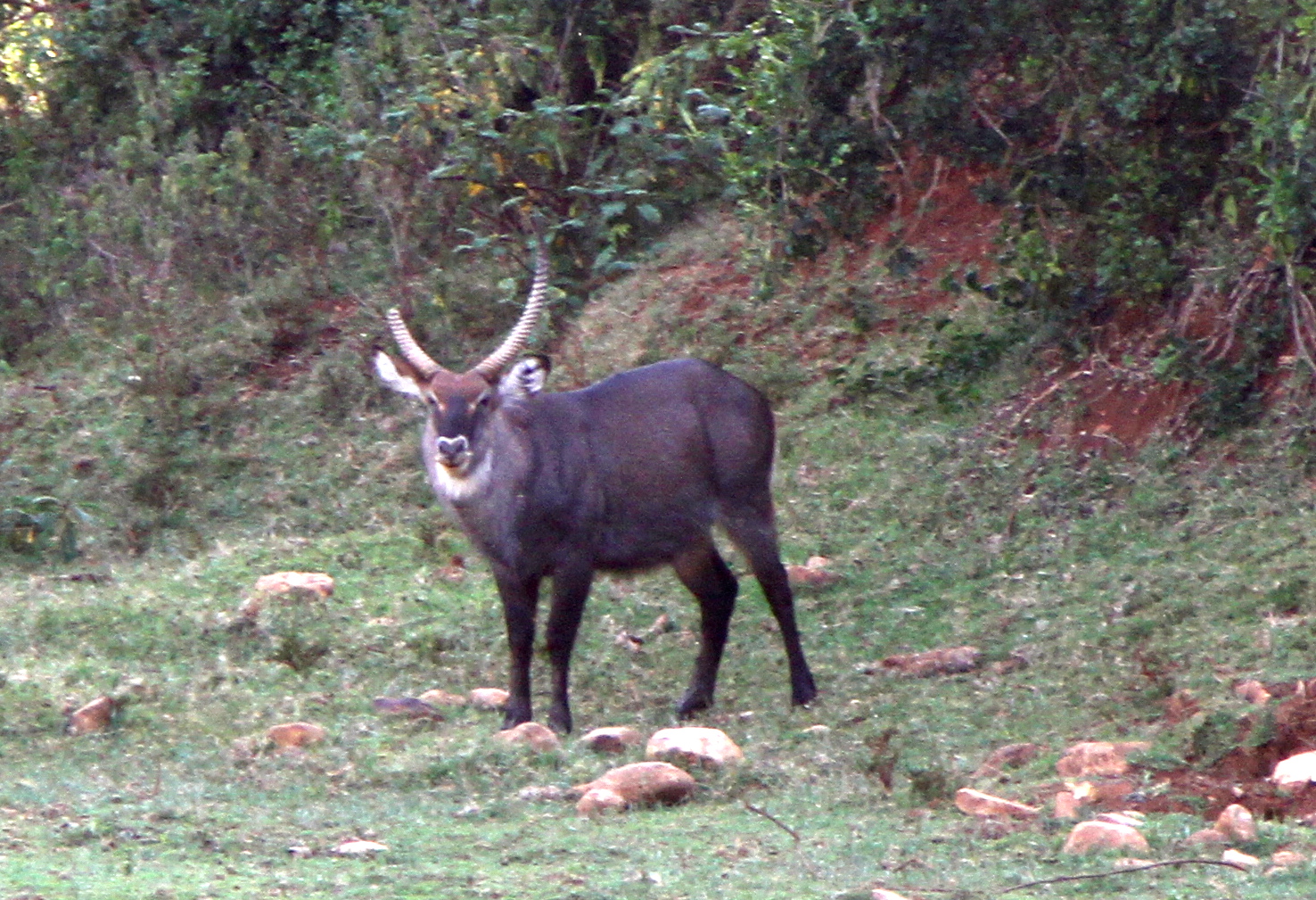Forests play a vital role in maintaining the health of our planet. They serve as the ‘lungs’ of Earth, sequestering carbon and other greenhouse gases to provide oxygen. They recharge watersheds and help regulate the hydrological systems that govern our climate. They are rich in biodiversity, home to more species than any other terrestrial biome. They are a source of livelihood for communities around the world, serving as a primary source of income for over 1 billion people worldwide. Rooted In Hope helps protect these precious ecosystems and combat the effects of climate change through reforestation. By doing so, we not only preserve the natural resources that forests provide, but we create sustainable income opportunities for rural communities who depend on them for their livelihood.
For more information on the benefits of forests to people and the planet, visit FAO Forestry.
Aberdare National Park Reforestation
Rooted In Hope’s reforestation program in the Aberdare National Park contributes in part to a larger initiative, Return the Bush, which aims to plant trees across 125 hectares of degraded forest in Kenya’s Aberdare National Park. The primary objectives of this program are to restore natural tree cover, recharge the watershed, reduce soil erosion and runoff, combat the effects of climate change, protect wildlife habitats, increase biodiversity, create jobs, and stimulate the local economy.
Program Photos
Our Ongoing Commitment
Rooted In Hope’s program in the Aberdare National Park is a collaborative, multiyear effort to restore 125 hectares of the Aberdare forest. Rooted In Hope began working with the Kenya Wildlife Service and Aberdare Safari Hotels in 2010, and has planted thousands of trees in the Aberdare National Park, making our organization one of the largest contributors to the Return the Bush initiative. Over the coming years, Rooted In Hope will continue to work with our partners to meet the goal of planting over 120,000 trees in this vital region of Kenya.
About the Aberdare National Park
The Aberdare National Park is an important ecological region of Kenya, and is home to one of the country’s vital forests. The Aberdares serve as one of Kenya’s five main water towers, act as an important carbon sink in combating climate change, provide a habitat for an abundance of plant and animal species, and drive economic growth in the local economy.
Watershed: The Aberdare range, which is largely under the protected land management of the Aberdare National Park, receives some of the heaviest rainfall in all of Kenya. Its watershed provides millions of Kenyans with water, electricity, and irrigated land for farming. The Aberdare water tower serves as the primary source of water for the country’s capital, Nairobi, supplying over 3 million people in total with access to water, and also serves as the main catchment area for Kenya’s largest river and hydroelectric plant, which provides over 55% of the population with electricity.
Biodiversity & Wildlife: The Aberdare National Park is home to over 700 plant species as well as several threatened mammal species including the African elephant, black rhino, mountain bongo, and giant forest hog. The Park is one of Kenya’s primary tourism attractions, and its abundance of wildlife is one of the primary drivers of revenue in the local economy.
Our Work
Benefits to the forest
Trees provide measurable benefits for the environment, community, and wildlife in the region. By planting indigenous tree species in our reforestation efforts, Rooted In Hope helps to increase tree cover in this salient area of the Park, restore ecological stability, and improve the overall quality of the environment in the Park for the animals that inhabit it, the locals that depend on it, and the tourists that visit to witness its natural beauty.
Benefits to the watershed
Forests in Africa, and around the world, are vital to maintaining the natural water cycles that govern our planet. Reforesting the water catchment area and increasing tree cover improves root systems in the soil, which helps to trap and store rainwater and reduce soil erosion. The trees help to recharge the essential water tables, reduce sediment load in the rivers, and prevent both flooding and desertification. Reforestation also improves local climate conditions by allowing more moisture to circulate through the water cycle, which improves water quality and availability, and lessens the risk of droughts.
Benefits to the community
In addition to increasing the water tables that supply surrounding communities with safe access to water, Rooted In Hope’s program in the Aberdares helps to drive economic growth in these rural areas. Our reforestation efforts create jobs for local workers to assist in the planning, preparation, and planting of the trees. We also engage several local nurseries, many of which are women-owned and operated, to supply the seedlings for our program, further stimulating growth in the local economy. By providing income opportunities through environmental protection, we are helping to drive sustainable growth both for the environment and the communities that depend on it.



